Classic inspired movies can be found in the most unlikely of places and utilize expected and surprising films as inspiration. The 2019 film Ready or Not–directed by Matt Bettinelli-Olpin & Tyler Gillett and written by Guy Busick & R. Christopher Murphy–is a modern horror film that feels in conversation with the classic screwball comedy. If we examine the films of the 1930s and 1940s, the films of one actor connect to Ready or Not in unique and exciting ways.
We can find influences of Joel McCrea’s filmography within this one film. This is similar to how VMP Productions utilizes the works of Dostoyevsky in Notes from the New World and the upcoming film AN LA STORY: The Making of the award-winning Notes from the New World–previously titled Dostoyevsky Reimagined:The Making of the award-winning Notes from the New World.
Joel McCrea was a genre-crossing actor–most often remembered for his work within the Western and Screwball Comedy genres. He starred in The Most Dangerous Game (1932), Bird of Paradise (1932), and The Palm Beach Story (1942). These are the three films I will examine in connection to Ready or Not.
Screwball Similarities with The Palm Beach Story
Ready or Not explores its identity within the world of classic inspired movies through its connections to the screwball comedy. Ready or Not features similarities to the classic screwball comedy such as social class differences, women heroes, and absurdity in its stories. Ready or Not is the story of Grace, a bride marrying into an absurdly wealthy family, only to discover their wedding night tradition ends in bloodshed. Grace’s new in-laws force her to play a game. Since their fortune came from making board games like a demented Milton Bradley, one of these games is not your average family-time fun. Grace pulls this dangerous card and must engage in a game of Hide and Seek, where her new family tries to murder her.
The film utilizes satire to showcase the absurdity of the lives of the rich, highlighting the difference between Grace and her new family. Grace is the hero–the one that spurs the actions of everyone else in the film. Much like the screwball heroines before her, Grace is in charge. Even though the family is hunting Grace, the film revolves around her. She frequently utilizes her smarts to outwit the family that always relied on servants to do everything for them.
The Palm Beach Story is a classic screwball comedy from writer/director Preston Sturges, which also explores social class differences, absurdity, and a woman in charge. In The Palm Beach Story, Tom (Joel McCrea) needs money for his latest invention. His wife Gerry (Claudette Colbert) decides to divorce him, marry a rich guy to take his money, and return to her husband. She does not make her plan clear to Tom, who assumes Gerry does not love him anymore. The absurdity of the plot, much like Ready or Not involves the idea of marriage and marrying into rich families.
Gerry quickly meets J.D. Hackensacker III (Rudy Vallée), Gerry’s mark for her convoluted plan. The Palm Beach Story showcases his wealth through exaggerated comedic moments that have their basis in reality. Hackensacker is from one of the richest families–a reference to the real Rockefeller family. This is shown through outrageous displays of wealth combined with tightfisted attitudes when he isn’t getting something in return. This is shown well when he says “Tipping is un-american” after giving ten cents to a taxi driver. Hackensacker spends large sums of money on Gerry, but will not tip. He views Gerry as a chance to get something: a wife. He views people providing services as beneath him.
When Gerry reveals the money is for her ex-husband’s business venture, Hackensacker no longer wants to help her. But, she suggests that her brother Captain McGlue–who is actually her husband–is business partners with her husband. This makes Hackensacker change his mind because now it’s “all in the family”.
This idea of keeping wealth in the family is a fundamental theme within Ready or Not. The family must kill Grace in order to not let her join the family because the mysterious entity to which the family sold their souls deems her unworthy.
A wedding turning into a bloody hunt with the bride as the prey fits the screwball comedy trope of absurd and ridiculous plots. This also fits the trope that relationships in screwball are not meant to be the focus as they are in the traditional romantic comedy. In a traditional romantic comedy, more focus is on the romance than the comedy. In screwball, comedic moments are more important than the romantic. Most screwball comedies end with the audience asking “will this relationship last?” as the credits roll.
In Ready or Not, we have a moment where Grace has the chance to possibly save Alex’s life. The rest of his family die because they didn’t kill her in time, but he might be saved if she accepts his love. She does not. She throws the wedding ring at him as she says, “I want a divorce.” He explodes along with the rest of his family. In a screwball, the film would end before she gives an answer. We would be left, wondering if she would take him back after going through such a ridiculous ordeal in their relationship.
Ready or Not puts more focus on creating a perfect satirical ending than offering a bridge between the socioeconomic gap of its characters. Throughout the night, Grace develops a budding relationship with Alex’s brother Daniel (Adam Brody). There is a fleeting feeling that maybe he will escape with her, but he does not get this chance. His own wife kills him to protect her piece of the family fortune.
Ready or Not establishes that the rich live completely different lives from poor people. In this case, they are all Satan worshippers trying to maintain their hold on the family’s money. Similarly, Hackensacker family wants to make sure their money stays within the family. Both rich families view the world as theirs to control. Hackensacker can just as quickly decide not to loan money to Gerry and Tom. The family in Ready or Not think they are in control, but Grace takes back this control.
Ready or Not also offers moments of connection with The Most Dangerous Game, especially with the 1932 horror film adaptation, which also starred Joel McCrea.
Horror Influences within The Most Dangerous Game
Classic inspired movies are a great way to bring both new and old audiences, exploring the similarities and differences between classic and modern examples of popular genres. The Most Dangerous Game explores this idea of classic inspired movies through the horror genre.
In this classic horror film, Robert ‘Bob’ Rainsford (Joel McCrea), an author and big game hunter, is a passenger on a yacht. The yacht crashes and he is the sole survivor. When on the yacht, his fellow sailors ask Bob if he would trade places with the animals he hunts, foreshadowing the events of the film.
In Ready or Not, Tony Le Domas (Henry Czerny) tells the story of how Victor Le Domas built the family empire. Victor met the mysterious Le Bail on a ship. Le Bail made a wager with Victor, offering him wealth and success. Le Bail turns out to be the devil himself. This story recalls Bob’s experiences on the ship before the crash.
Both meetings lead toward the themes of the respective films. In Ready or Not, this meeting aboard a ship focuses on solving a mystery and playing a game to receive wealth. Grace must play a game to join the family, securing her part of the family’s fortune. In The Most Dangerous Game, Bob contemplates what hunting feels like from the perspective of the prey, rather than viewing it as a game from the perspective of the hunter.
The Most Dangerous Game and Ready or Not both explore the ideas of humans being hunted, which changes their perspectives on specific aspects of their lives. Bob was a hunter before he became the hunted, and this changed how he views hunting as a sport/game. Ready or Not mentions that Victor Le Domas loved games. In this discussion, he refers to hunting as a type of game, complete with taxidermy animals decorating the Game Room.
Grace also changes her perspectives on something major throughout her journey. She never had a family to call her own. She moved from foster home to foster home. Alex did not want to marry Grace, but she convinced him through her dream of always wanting to have a family. Grace established relationships with Alex’s family, and felt this might be what she’s always dreamed of, but this new family quickly turned on her including her new husband. The events of this one night changed how Grace viewed marriage. She saw it as an important step that she needed to take in order to finally have a family, but after being hunted, her values changed.
The Most Dangerous Game introduces Count Zaroff, the man who hunts Bob, as another enthusiast of the same pastime, much like Victor’s introduction to Le Bail. In both films, this newfound expert of games and hunting brings darkness. In Bob’s case, Zaroff has grown bored of hunting and needs a better opponent–the most dangerous game–the human.
Le Bail introduces himself to Victor as a fellow enthusiast of games, but his true identity is that of Satan. In a way, both Zaroff and Le Bail view humans as a game. Le Bail makes this a feature of the wager he makes with the Le Domas family. Le Bail’s Puzzle Game features normal games, but hide-and-seek must always be an option. There must always be the danger of death. There must always be a chance of sacrifice upon any new member joining the family.
Zaroff offers Bob the chance to join him in hunting humans, but since he refuses, Bob must become the prey. In Ready or Not, Victor must know that Le Bail is Satan. We as the audience are in Grace’s position. We hear the shortened version of the story, hiding the demonic details. Ready or Not could take inspiration on the hunting of humans from The Most Dangerous Game. Ready or Not offers a glimpse into what that classic story would become if Bob said yes.
In The Most Dangerous Game, Bob and Eve (Fay Wray) find Zaroff’s trophy room. They find human heads mounted on the walls. Grace in Ready or Not has a similar moment where her fears of the family’s Satan worship come to the forefront. As she tries to escape, she is shot by Georgie (Liam MacDonald), the son of Alex’s sister Emilie (Melanie Scrofano). Grace falls into a sacrificial pit filled with dead goats. She comes face-to-face with the realities of the family’s cult sacrifices.
Themes of Sacrifice in Bird of Paradise
When people think about classic inspired movies, the pre-code era of Hollywood is an interesting one to explore. Seeing connections between modern films and the ones that came before the censorship of the Hays Code offers insight into the idea of the similarities and differences of people throughout history. Some view older films as innocent without fully exploring the film’s made without censorship. This puts a veil of innocence on entire decades of people because they lived in a different time.
Bird of Paradise also shares how the romance and drama genres can be influences for classic inspired movies.
Bird of Paradise (1932) directed by King Vidor is a pre-code romantic adventure that follows two lovers who come from completely different worlds. Joel McCrea plays Johnny Baker, a young sailor who falls off a yacht and Luana (Dolores Del Rio), the daughter of the island chief, rescues him.
Like Ready or Not, the film explores an unlikely relationship between people who grew up in extremely different worlds. Luana grew up on the island, with the ever-present fear that if the volcano erupted, she will sacrifice herself for the good of the island. This thought takes control with the more time she spends with Johnny. He takes her away to a nearby island, so they can live in peace together.
Ready or Not explores similar ideas of trying to escape from your differences. Alex wants to get out of his family’s traditions, so when he meets Grace, he never wants to introduce her to his parents. In their moments together before the wedding, Grace highlights how little interaction they had with Alex’s family. This suggests their relationship succeeds only when they are working to escape an expected life.
Johnny and Luana live together for weeks on another island. They try to leave behind Luana’s arranged marriage to the prince of a neighboring island. Luana wants to escape the expectations of her community. When they spend more time together, Luana starts to worry. Will this one life-threatening thing that is intrinsically part of her culture actually happen?
In Ready or Not, Alex’s worrying about his relationship with Grace explores similar themes. He does not want to marry Grace at first. He eventually decides that she won’t pull the one card that puts her in harm’s way. But, in both cases, these scenarios do happen. Grace pulls the hide-and-seek card and the volcano on Luana’s island home erupts.
Luana could choose Johanny over her family, but she cannot stop worrying about her decision as she tries to fit in with Johnny’s world. Her father accepts Luana’s return to the island, knowing she will sacrifice herself to the volcano.
In Ready or Not, Alex has multiple chances to pick Grace and walk away from his family. We don’t know for certain, but his decision could have changed the outcome of his life and his future with Grace. But he does not choose her. Alex goes back on his promise to Grace when he realizes that all this Satan worshiping and sacrifice stuff might be real. He decides his family–which he has spent so long trying to escape–is more important than his love for Grace. Or he views his life as more important than Grace’s.
Both Bird of Paradise and Ready or Not explore ideas of sacrifice and deciding if your life is more important than the life of someone else. Luana decides the life of her village is more important than love. Alex decides his own life is more important than Grace’s survival.
In Bird of Paradise, Johnny’s desire to show his world to Luana leads her to return home. She sees their differences more clearly when Johnny mentions his excitement to show her everything his hometown of San Francisco has to offer.
In Ready or Not, Alex’s negative conversations about his family makes Grace more excited to meet them. She still wants to become a member of the family. She thinks there must be some good that comes with the bad. This changes when she discovers the truth about them. Alex dreads the introduction of Grace to his family. During their courtship, the differences between Grace and Alex make him more willing to leave his family behind and start a new life with Grace. Alex makes a decision to choose Grace over his family when he refuses to marry her. He reverses this decision knowing how important marriage is to Grace.
Bird of Paradise ends with Luana sacrificing herself to the volcano. She makes the decision to save her family and her home. She thinks this is the only way to achieve that. Ready or Not ends by revealing the Satan worshiping of Alex’s family is real after Alex decided not to give up his life and his family to help Grace escape.
Could these three vastly different films starring Joel McCrea each have inspired the creative horror satire Ready or Not? Classic inspired movies are engaging and Ready or Not is a wonderful addition to the genre. Taking inspiration from different genres and decades can lead to full-bodied films that tell unique stories through creative inspiration. The classic yet modern style of Ready or Not makes it stand out from the crowd. Ready or Not is one of the most unique films of 2019. Did you like Ready or Not? Do you see similarities between it and these Joel McCrea classics?
Are you interested in learning about new projects from VMP Films? Nancy’s Game is one of many thrilling new films currently in development. VMP Films is an exciting production company making some of the most unique and interesting films.
Read the engaging synopsis for Nancy’s Game here: “Nancy (25), an aspiring writer, decides to test the validity of her book “Love Game” against reality. With the help of two former soldiers of the American-led intervention in the Syrian Civil War, her husband – the movie studio executive, a hooker and a homeless, she stages a “war game” in a boot camp. Will Nancy’s book where no killings take place, stand the test of life? Well, fiction and reality don’t play by the same rules.“
Want to know more about VMP Films‘ Dostoyevsky-Los Angeles Project and about the films we make? Want to participate in our projects? Sign up to get tickets to the premiere of our movie (currently in post production), An LA Story (aka Dostoyevsky Reimagined-BTS) and grab our FREE e-books !
 |
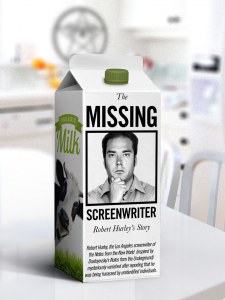 |
Follow us through our social media on Twitter, Facebook, Pinterest, Tumblr, Instagram, Goodreads.

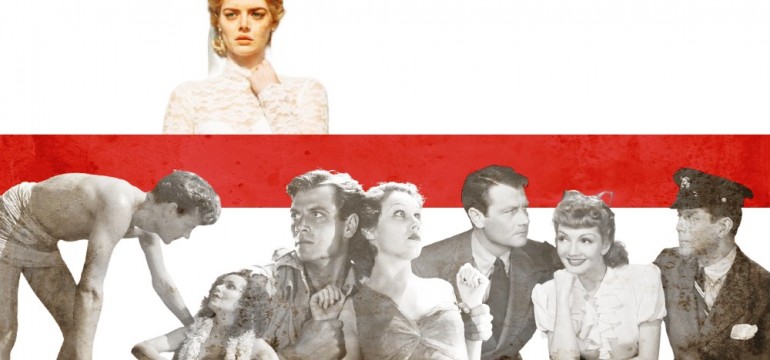
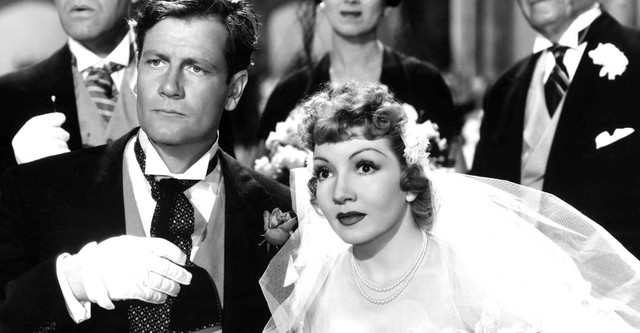
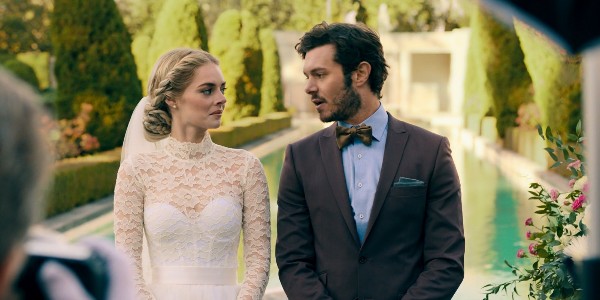

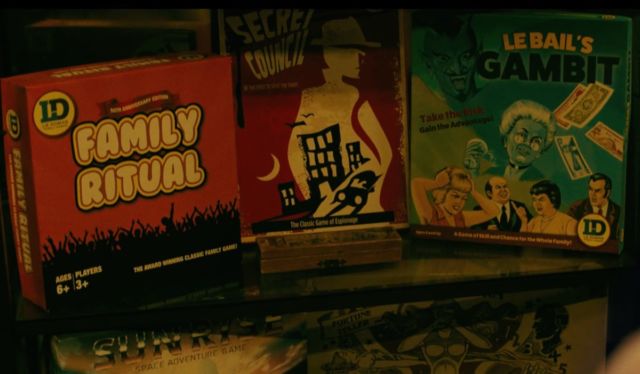
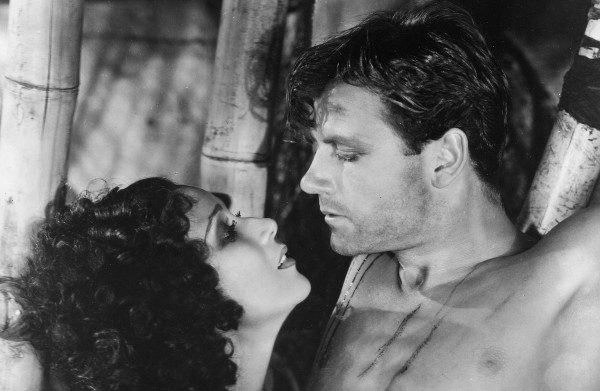
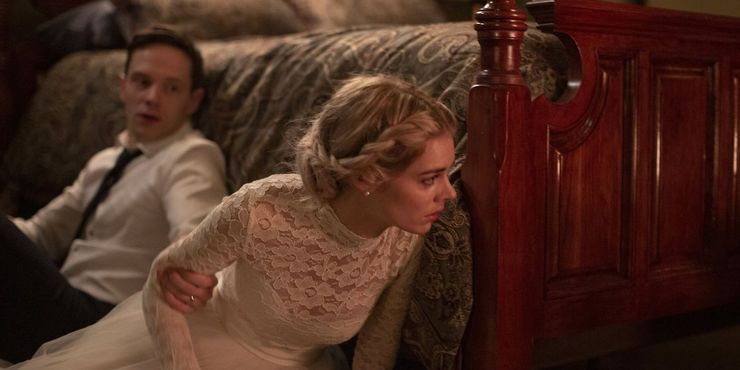
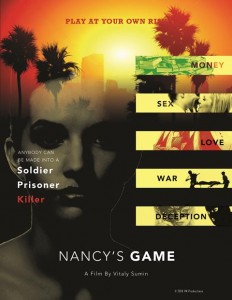

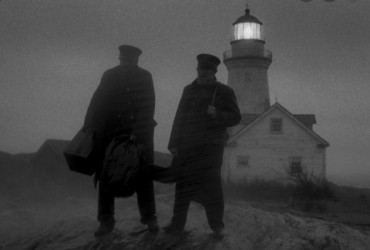
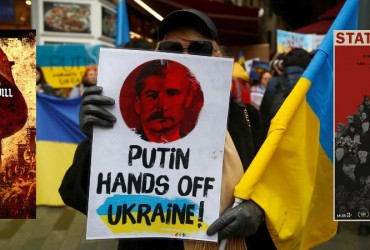



Leave a Reply